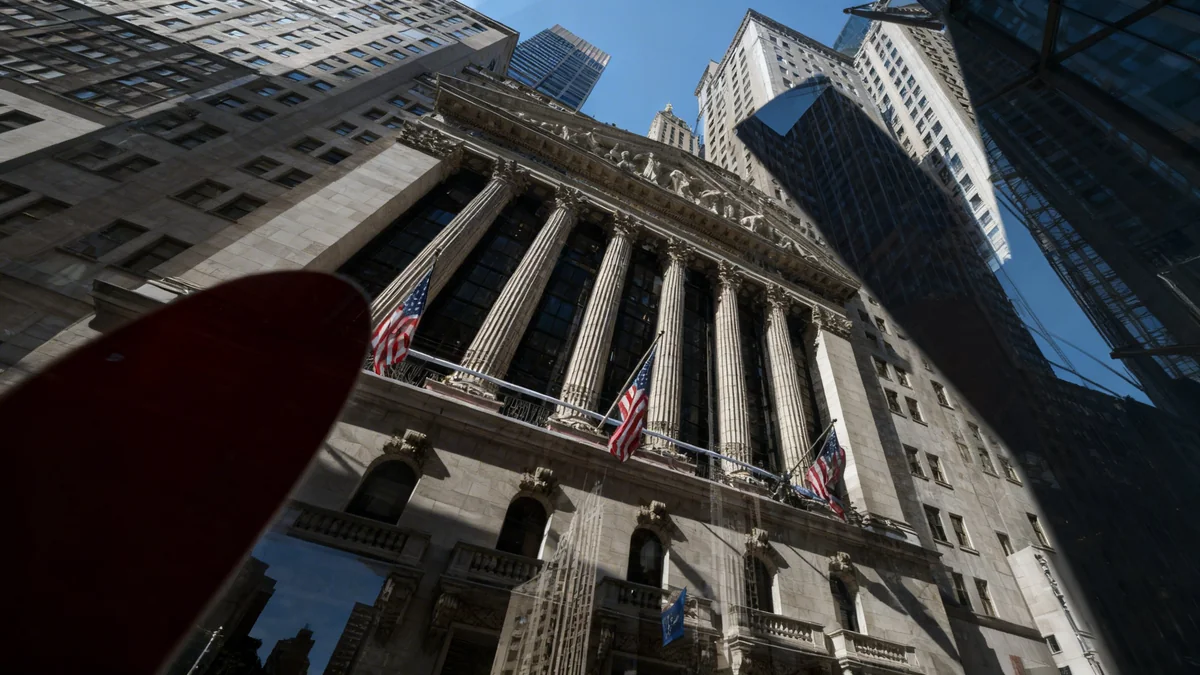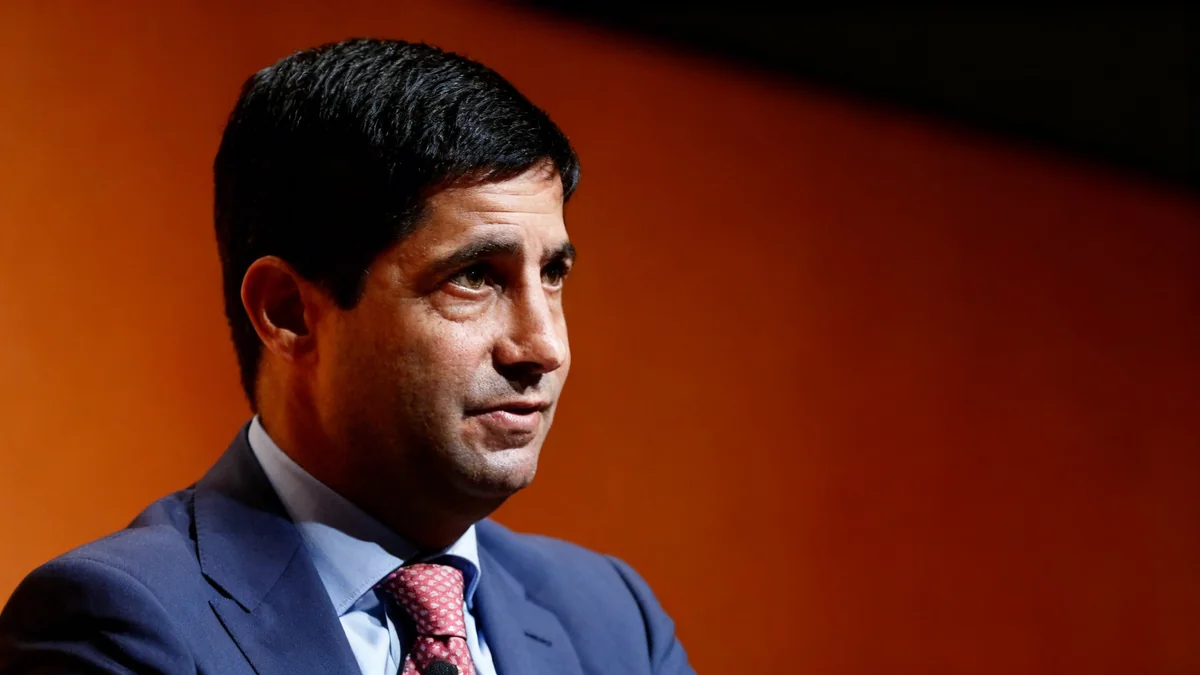Geoffrey Hinton, a Nobel laureate widely regarded as a foundational figure in modern artificial intelligence, has issued a stark warning about the economic incentives driving AI development. He argues that the massive investments made by technology giants will only yield significant profits if AI systems replace human workers on a large scale.
In a recent interview, Hinton expressed skepticism that AI will follow the historical pattern of disruptive technologies creating as many jobs as they eliminate. His comments come as major tech firms are pouring unprecedented sums into AI infrastructure, raising fundamental questions about the future of work and the structure of the global economy.
Key Takeaways
- Geoffrey Hinton states that the primary path to profitability for major AI investments is through the replacement of human labor.
- Tech giants like Microsoft, Meta, Alphabet, and Amazon are projected to spend $420 billion on capital expenditures next year, largely driven by AI.
- Hinton questions the long-held economic belief that new technology always creates a net-neutral or positive effect on employment.
- Despite the risks, he acknowledges AI's potential for significant benefits in fields like healthcare and education.
The Financial Imperative Behind AI
The world's largest technology companies are engaged in an AI spending race of historic proportions. According to recent financial projections, four of the biggest players—Microsoft, Meta, Alphabet, and Amazon—are expected to increase their capital expenditures to a combined $420 billion in the next fiscal year.
This spending is overwhelmingly directed toward building the vast data centers and computing infrastructure required to train and operate advanced AI models. Adding to this, companies like OpenAI have reportedly secured infrastructure deals totaling as much as $1 trillion with key partners in the AI ecosystem.
A Trillion-Dollar Bet
The scale of investment is staggering. OpenAI alone has announced deals valued at up to $1 trillion with hardware and infrastructure providers like Nvidia, Broadcom, and Oracle to build out the necessary computational power for future AI systems.
When asked if these astronomical investments could be profitable without causing significant job destruction, Hinton's assessment was direct.
"I believe that it can’t. I believe that to make money you’re going to have to replace human labor."
Hinton argues that while subscription fees for AI tools like chatbots provide one revenue stream, the most substantial financial returns will come from reducing operational costs—and labor is often the largest expense for businesses.
Challenging Economic Assumptions
For decades, economists have pointed to historical examples like the industrial revolution and the computer age to argue that technological disruption ultimately creates new industries and job roles, even as it makes others obsolete. Hinton, however, is not convinced that this pattern will hold true for artificial intelligence.
Who is Geoffrey Hinton?
Often called the "Godfather of AI," Geoffrey Hinton is a British-Canadian computer scientist and cognitive psychologist. His pioneering work on neural networks and deep learning in the 1980s and beyond laid the groundwork for the current AI boom. He was a co-recipient of the 2018 Turing Award, often referred to as the Nobel Prize of computing.
He explained that while past technologies automated physical or routine clerical tasks, modern AI is beginning to replicate cognitive abilities that were once exclusively human. This distinction, he suggests, could lead to a different and more challenging outcome for the labor market.
This view aligns with earlier statements he has made, where he predicted that the current economic system would naturally lead AI to "create massive unemployment and a huge rise in profits."
Early Indicators in the Job Market
Evidence is beginning to emerge that supports these concerns. An analysis of job postings since the public launch of ChatGPT shows a significant contraction, with available positions plummeting by approximately 30%. The decline is particularly noticeable in entry-level and administrative roles that involve tasks now easily automated by AI.
Corporate restructuring also offers clues. Amazon recently announced 14,000 layoffs, primarily affecting middle management. While the company's CEO, Andy Jassy, attributed the cuts to cultural changes, a prior internal memo acknowledged that the company expects to operate with a smaller corporate workforce as it achieves "efficiency gains from using AI extensively across the company."
A Double-Edged Sword
Despite his dire warnings about employment, Hinton does not view AI as a purely negative force. He emphasizes the technology's immense potential for positive transformation in critical sectors.
"It’s a difficult decision because it can do tremendous good in healthcare and education," he noted, highlighting its ability to accelerate medical research, personalize learning, and increase productivity in countless industries.
When pressed on whether he would travel back in time to prevent its development, Hinton paused, admitting he did not have a simple answer. He drew a distinction between AI and technologies with purely destructive applications.
"It’s not like nuclear weapons, which are only good for bad things."
Ultimately, Hinton believes the core issue is not the technology itself but the societal framework into which it is being introduced. The challenge, he suggests, lies in adapting our economic and social systems to distribute the benefits of AI-driven productivity more equitably.
"The problem ultimately is not due to AI itself, but on how we organize society," he concluded. This places the responsibility on policymakers, business leaders, and the public to navigate the transition and ensure that the gains from this powerful new technology do not come at the expense of widespread economic stability.





